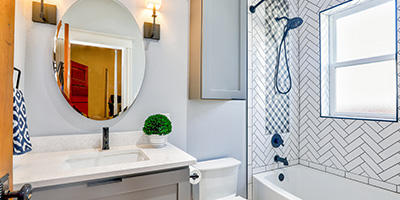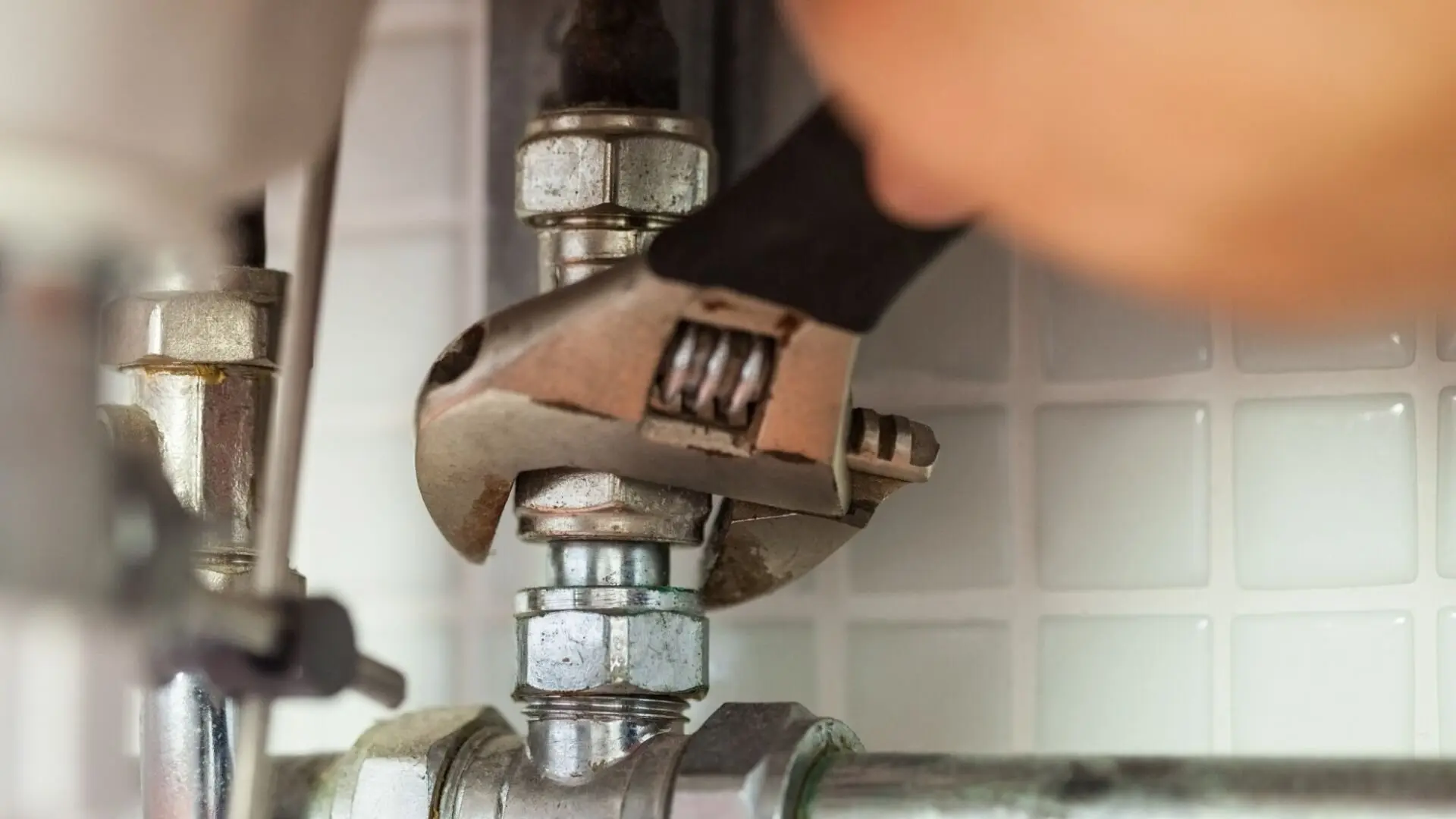They are making several good points about 11 Must-Read Tips for Plumbing a New House as a whole in this content down below.

For new home owners, understanding and preserving bathroom plumbing can save both money and time by preventing costly concerns down the line. Here are some necessary shower room plumbing suggestions to aid you maintain whatever running smoothly.
Plan For Winter
Protect your pipelines from cold throughout cold weather by insulating pipelines in unheated areas like basements, attic rooms, and garages. During severe cool, allow cold water drip from taps served by exposed pipelines to help avoid cold.
Set Up Routine Maintenance
Consider scheduling annual examinations with a certified plumbing. They can spot problems that you may miss out on, such as covert leaks or damage on pipes and fixtures. Normal maintenance helps prolong the life of your plumbing system and can prevent emergencies.
Acquaint Yourself with the Main Shut-Off Shutoff
Knowing where the major water shut-off shutoff is located in your home is critical. This permits you to swiftly shut off the water in case of major leakages or throughout pipes emergencies, stopping comprehensive water damage.
Routinely Inspect for Leaks
Tiny leaks can lead to large troubles. Regularly examine under sinks, around bathrooms, and near plumbing components for any indications of leaks. Try to find dampness, tiny drips, or rust. Catching and fixing leaks early can protect against much more significant damages and conserve water.
Keep Your Water Heater
Ensure your hot water heater is readied to a proper temperature level (generally about 120 degrees Fahrenheit) to prevent hot and lower power use. Flush the container annually to remove debris buildup, which can decrease the efficiency and lifespan of your heating system.
Update Your Components
If your home has older components, think about updating to much more efficient versions. Modern bathrooms, showerheads, and taps are developed to utilize much less water while giving good pressure, which can significantly reduce your water costs and environmental impact.
Be Cautious with Do It Yourself Pipes Repair Works
While it's appealing to manage all home repair work on your own, be cautious with plumbing. Some problems may call for professional proficiency, particularly if they involve primary water lines or sewage system fixings. Employing a specialist can sometimes be extra cost-efficient than DIY, particularly if it prevents more damage.
Don't Disregard Slow Drains
If your sink or bathtub is draining gradually, it's frequently a sign of an obstruction forming. Resolving this early can avoid a total blockage. Use a plunger or a plumbing professional's snake to clear out debris. Avoid utilizing chemical drainpipe cleaners as they can harm your pipes over time.
Know What Not to Flush
Bathrooms are not garbage disposals. Stay clear of purging anything aside from toilet paper and human waste. Things like wipes, feminine health items, and cotton swabs should be disposed of in the garbage to avoid obstructions and sewer back-ups.
Set Up Strainers in Drains
Location strainers in your sink and tub drains pipes to capture hair and other particles prior to they enter your pipes system. Cleaning up the strainers frequently will assist avoid buildup and keep water moving freely.
Conclusion
Understanding and maintaining your home's washroom pipes can avoid several common issues. By following these vital ideas, you can ensure your bathroom stays functional and reliable, saving you money and time in the long run.
Essential Plumbing Tips for Homeowners: What You Should Know
Plumbing issues can be a nightmare if left unattended, often resulting in costly repairs and significant damage to your home. That's why it's crucial for homeowners to arm themselves with the essential home plumbing maintenance tips and knowledge to prevent such mishaps and maintain the efficiency of their plumbing system.
?Get to know the various aspects of residential plumbing maintenance, from identifying warning signs of potential issues to simple tasks you can perform to keep your plumbing in top condition. By empowering you with the necessary plumbing tips for homeowners in this guide, we will help you tackle everyday plumbing challenges with confidence to keep your home's plumbing system flowing smoothly.
Mastering Home Plumbing Tips
Understanding the basic home plumbing tips allows homeowners to detect issues early on, take prompt action, and prevent them from becoming major headaches. With this proactive approach, homeowners can save both time and money.
Moreover, having a grasp of plumbing basics enables homeowners to communicate effectively with plumbers or other professionals when seeking assistance. Being able to accurately describe the problem and understand the proposed solutions not only streamlines the repair process but also helps homeowners make informed decisions about their plumbing systems.
Whether it's discussing drainage solutions, leaky taps, or fixture installations, a solid understanding of basic home plumbing maintenance tips promotes better collaboration between homeowners and professionals to ensure that repairs or upgrades meet the homeowner's needs and expectations.
Home Plumbing Maintenance Tips
Here are some basic yet essential home plumbing tips to keep your plumbing in its tip-top shape:
Be Cautious During Renovations
When renovating your home, be mindful of the location of pipes to avoid accidentally damaging them. Plan your renovations carefully and, if unsure, consult a professional plumber to help identify potential hazards.
Avoid Flushing Trash Or Wipes Down Drains
Flushing items like wipes, sanitary products, or paper towels down the toilet can lead to clogs and damage to your plumbing system. Dispose of these items properly in the trash.
Know The Location Of The Water Mains Cut-Off
In case of a plumbing emergency, such as a burst pipe, knowing the location of the water mains cut-off valve can help minimise damage by quickly shutting off the water supply to your home.
Avoid Chemical Drain Cleaners
Chemical drain cleaners can damage pipes and harm the environment. Instead, use natural alternatives like a mixture of baking soda and vinegar or get help from a qualified plumber for stubborn clogs.
Check Seals And Connections Regularly
Inspect seals and connections around sinks, toilets, and appliances for signs of leaks or damage. Address any issues promptly to prevent water damage and mould growth.
https://www.eze-flowplumbing.com.au/essential-plumbing-tips-for-homeowners-what-you-should-know

Call Today
Comments on “Top Tips for Managing Bathroom Plumbing: A Guide for New Homeowners”